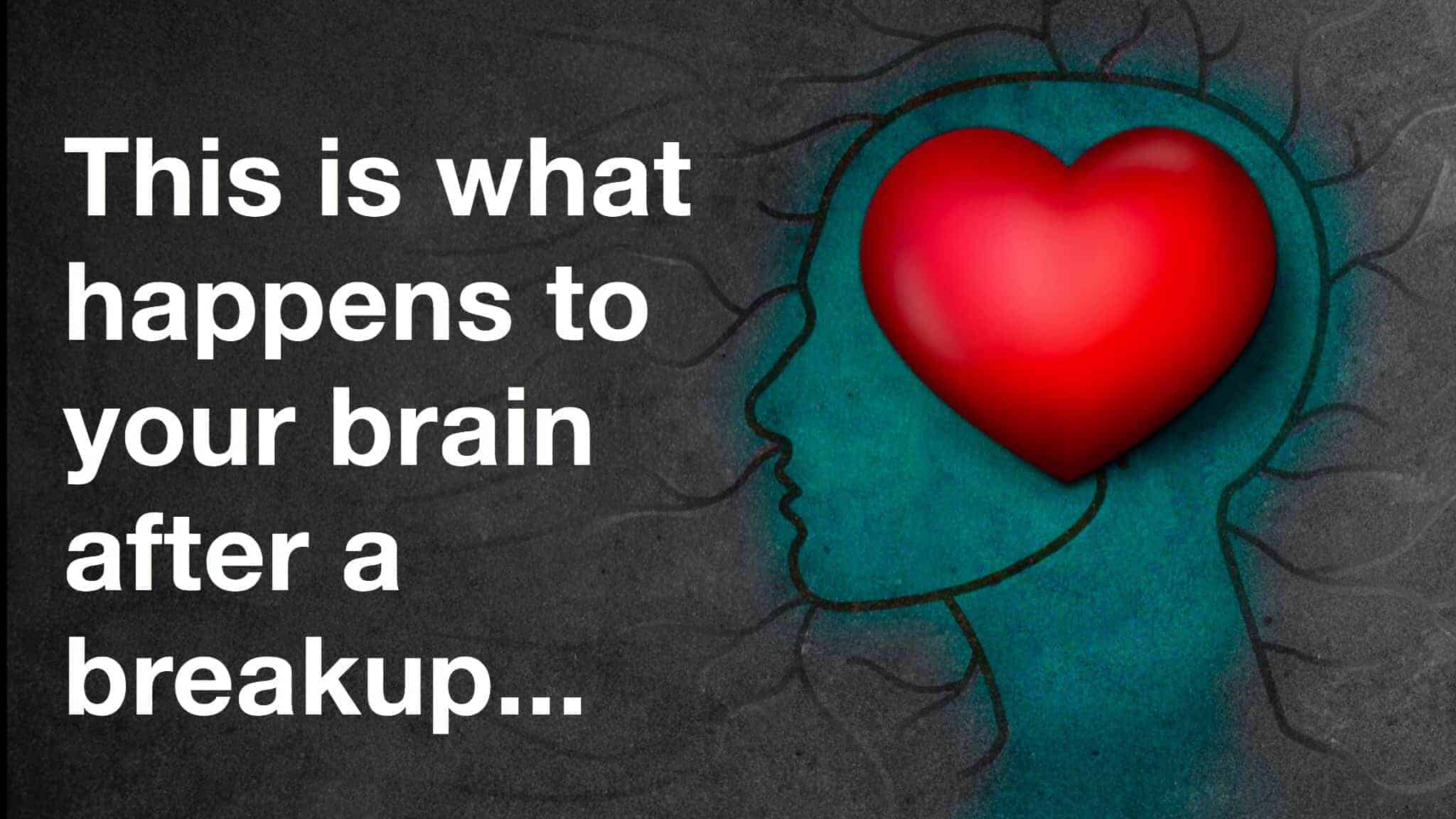Recovering from a break up has the same impact on the brain as recovering from substance abuse

Recovering from a Break-Up: The Impact on the Brain

Break-ups are tough. Whether it’s the end of a long-term relationship or the sudden termination of a blossoming romance, the emotional toll it takes on individuals can be overwhelming. What many people don’t realize is that the impact of a break-up goes beyond just emotions; it can also affect your brain.
Research suggests that recovering from a break-up has the same impact on the brain as recovering from substance abuse. Just like individuals suffering from substance dependence, those healing from a break-up go through a withdrawal-like process. The end of a romantic relationship can be so distressing that it actually elicits physical pain, as proven by brain scans of heartbroken individuals.
A study conducted by Ethan Kross and his colleagues at the University of Michigan supports this claim. The researchers found that experiencing a break-up activates the same brain regions involved in processing physical pain. In their experiment, participants who had recently gone through a break-up were shown images of their ex-partners. The brain scans revealed increased activity in areas associated with physical pain, such as the anterior cingulate cortex and the insula.

Additionally, the effects of a break-up on the brain can mirror the symptoms of addiction withdrawal. When individuals are in love, the brain releases chemicals like dopamine and oxytocin, often referred to as “feel-good” hormones. These chemicals create a sense of pleasure and attachment. However, when the relationship ends, the brain experiences a sudden drop in these chemicals, leading to feelings of sadness, anxiety, and even depression.
The brain adapts to the constant release of pleasurable chemicals during a relationship, much like it does with substance abuse. When the relationship ends, the brain undergoes significant changes, trying to regulate its functioning without the presence of those chemicals. This can result in cravings, irrational behavior, and an intense desire to reconnect with the ex-partner in an attempt to recreate the lost emotional high.
Recovering from a break-up requires time and effort, just like recovering from substance abuse. It is crucial to engage in self-care activities, such as exercise, maintaining a healthy diet, and seeking social support from friends and family. These practices help the brain recover from the withdrawal-like symptoms and rebuild its neural pathways.
Furthermore, practicing mindfulness and engaging in activities that bring joy and happiness, such as hobbies or creative outlets, can stimulate the brain’s reward system in a healthy way. By focusing on personal growth and self-development, individuals can rewire their brain, empowering themselves to move forward and find happiness outside of the past relationship.
In conclusion, a break-up takes a toll not only on our emotions but also on our brain. Recovering from a break-up can be as challenging as recovering from substance abuse. It triggers the same brain regions associated with physical pain and can lead to withdrawal-like symptoms similar to addiction. However, with time, self-care, and support, individuals can heal their brain and find happiness again.
Source: Psychology Today - Is Your Brain on Breakup?
Tags
Share
Related Posts
Quick Links
Legal Stuff

